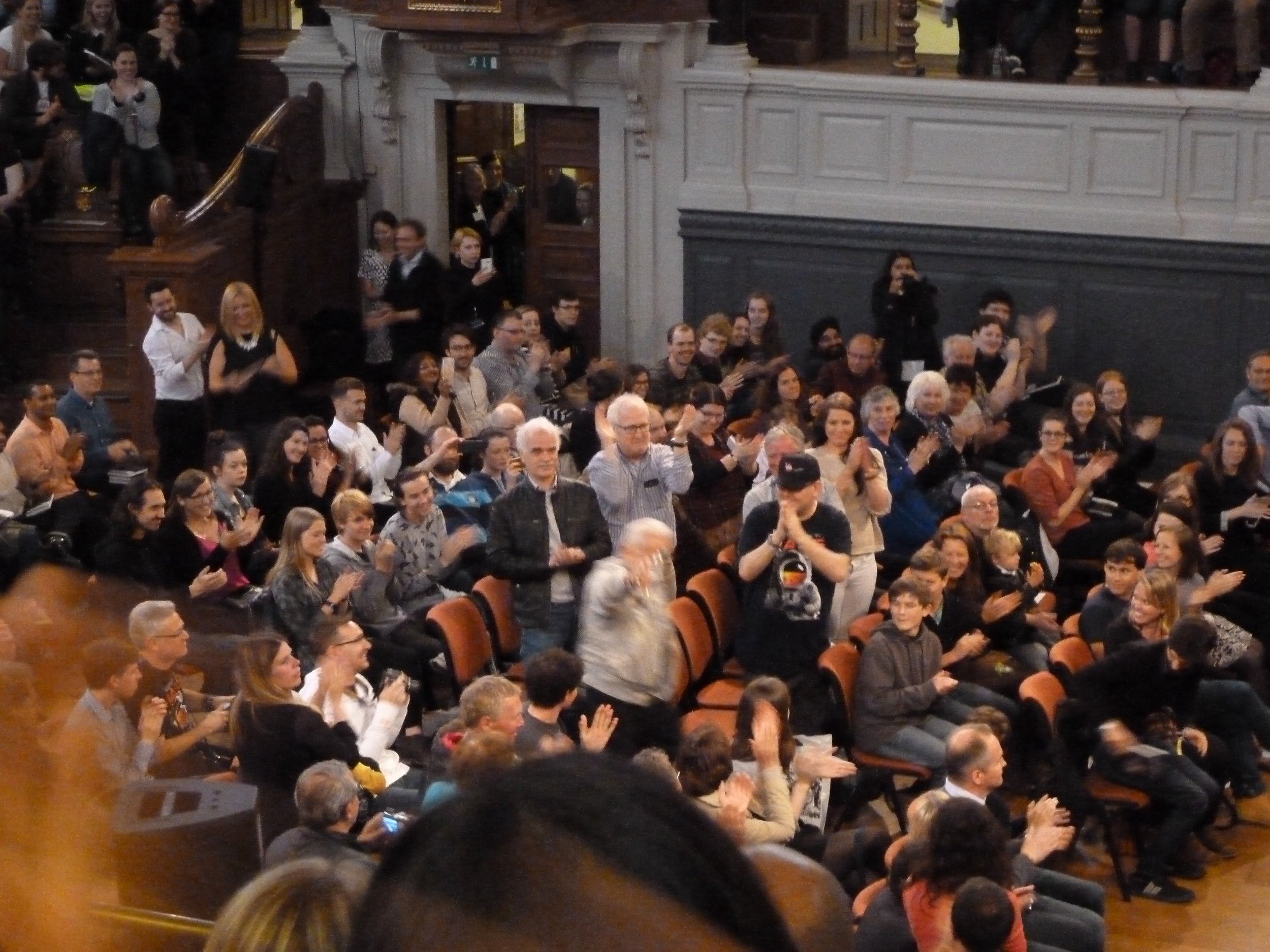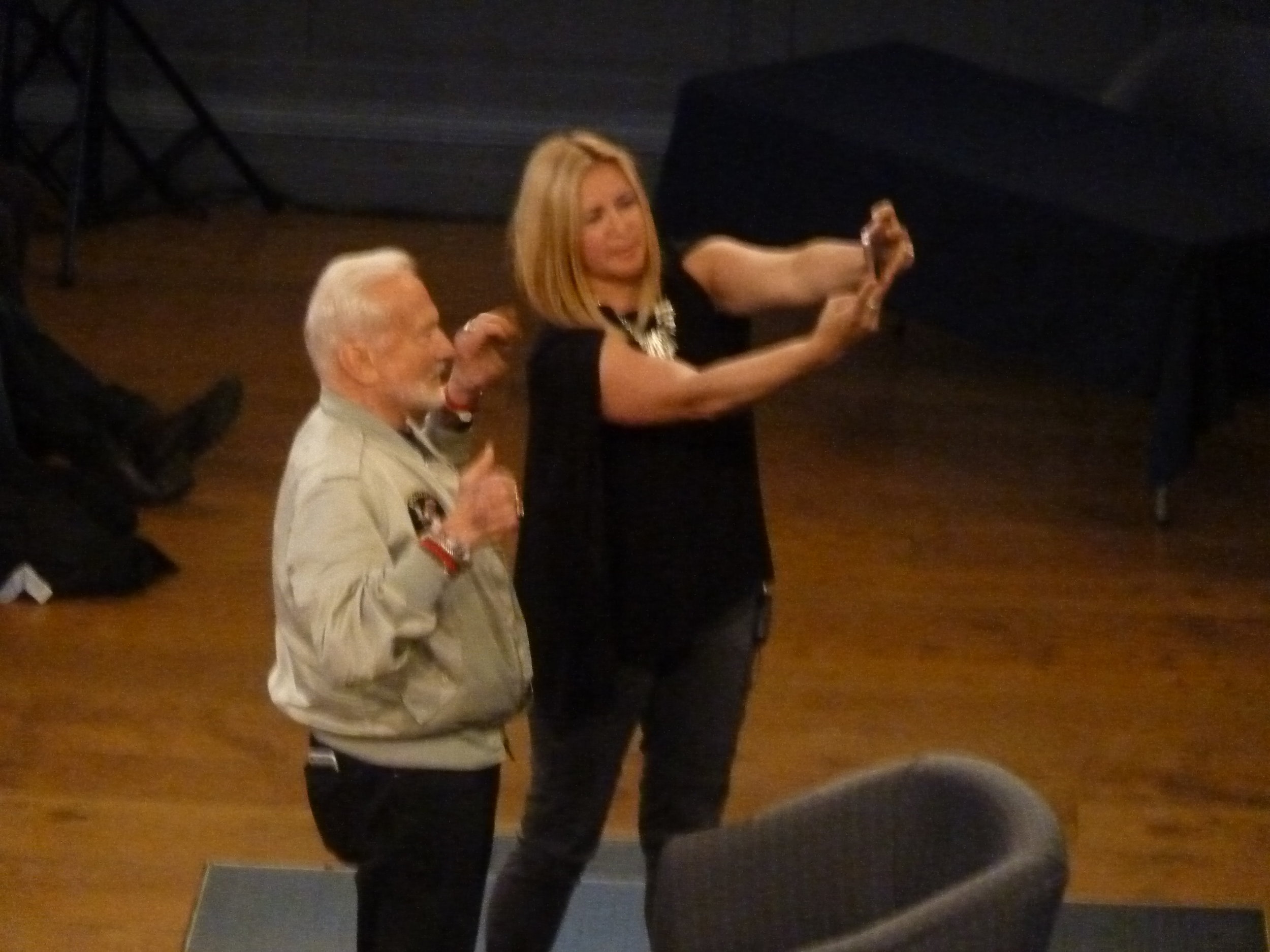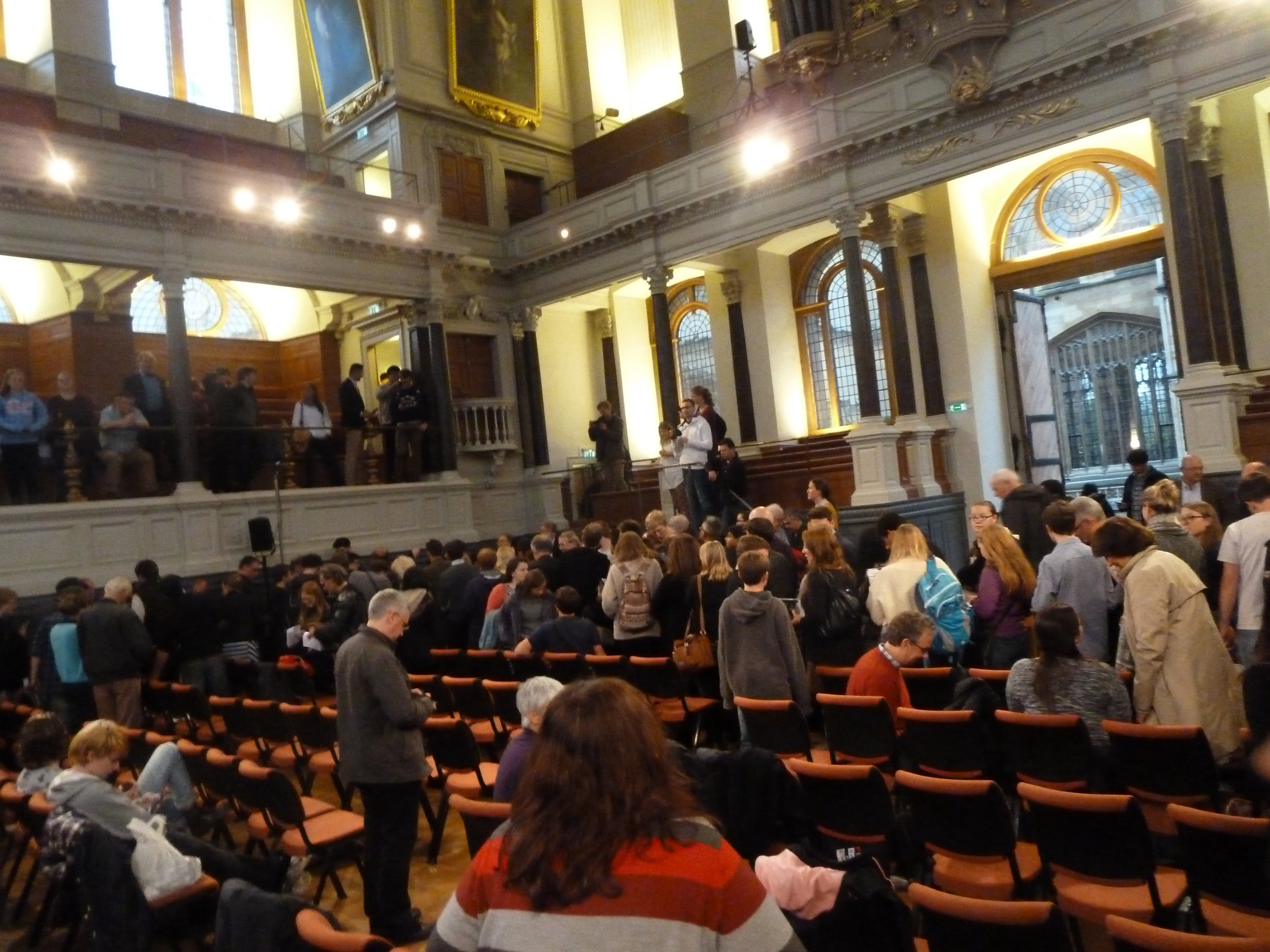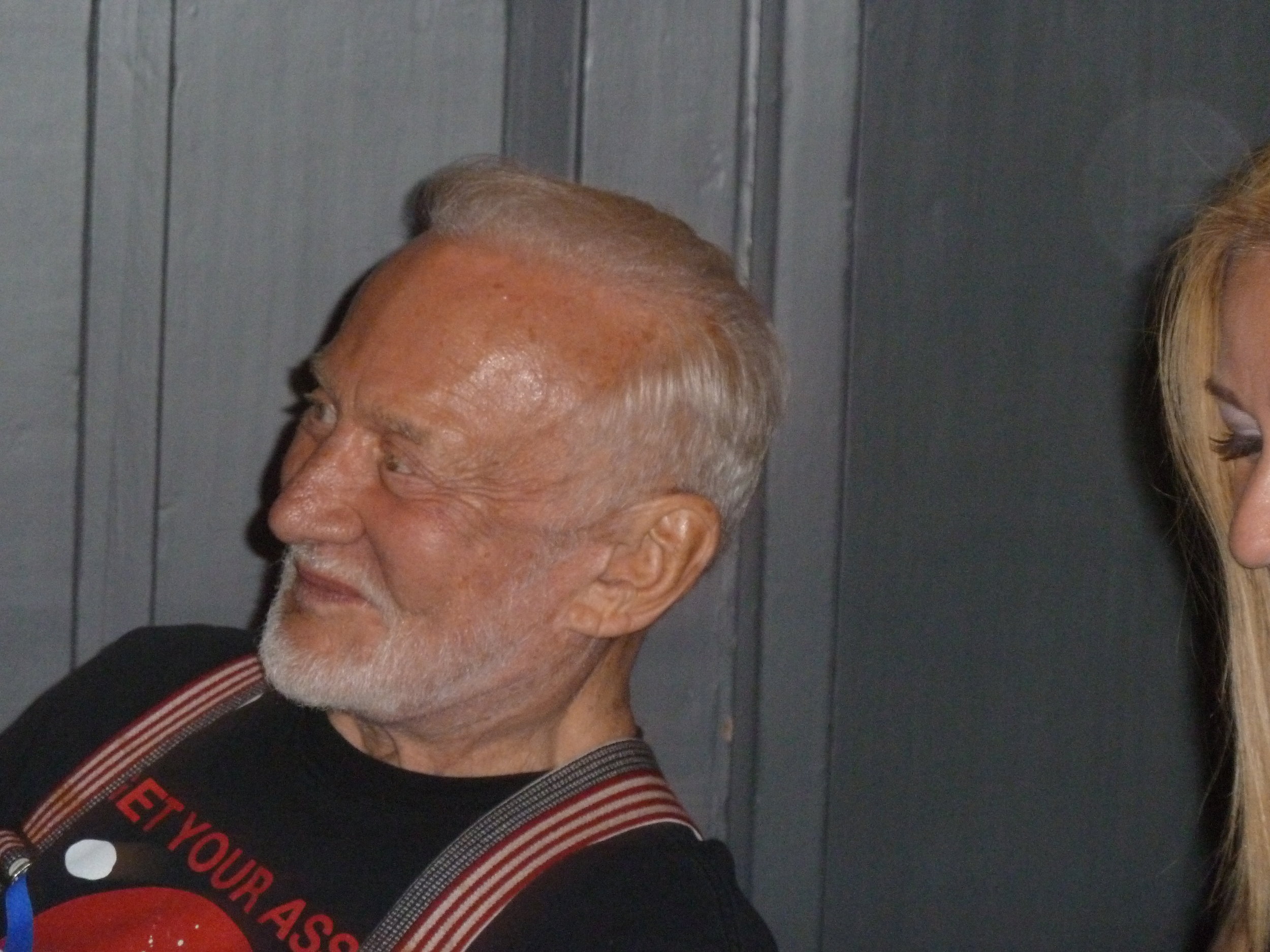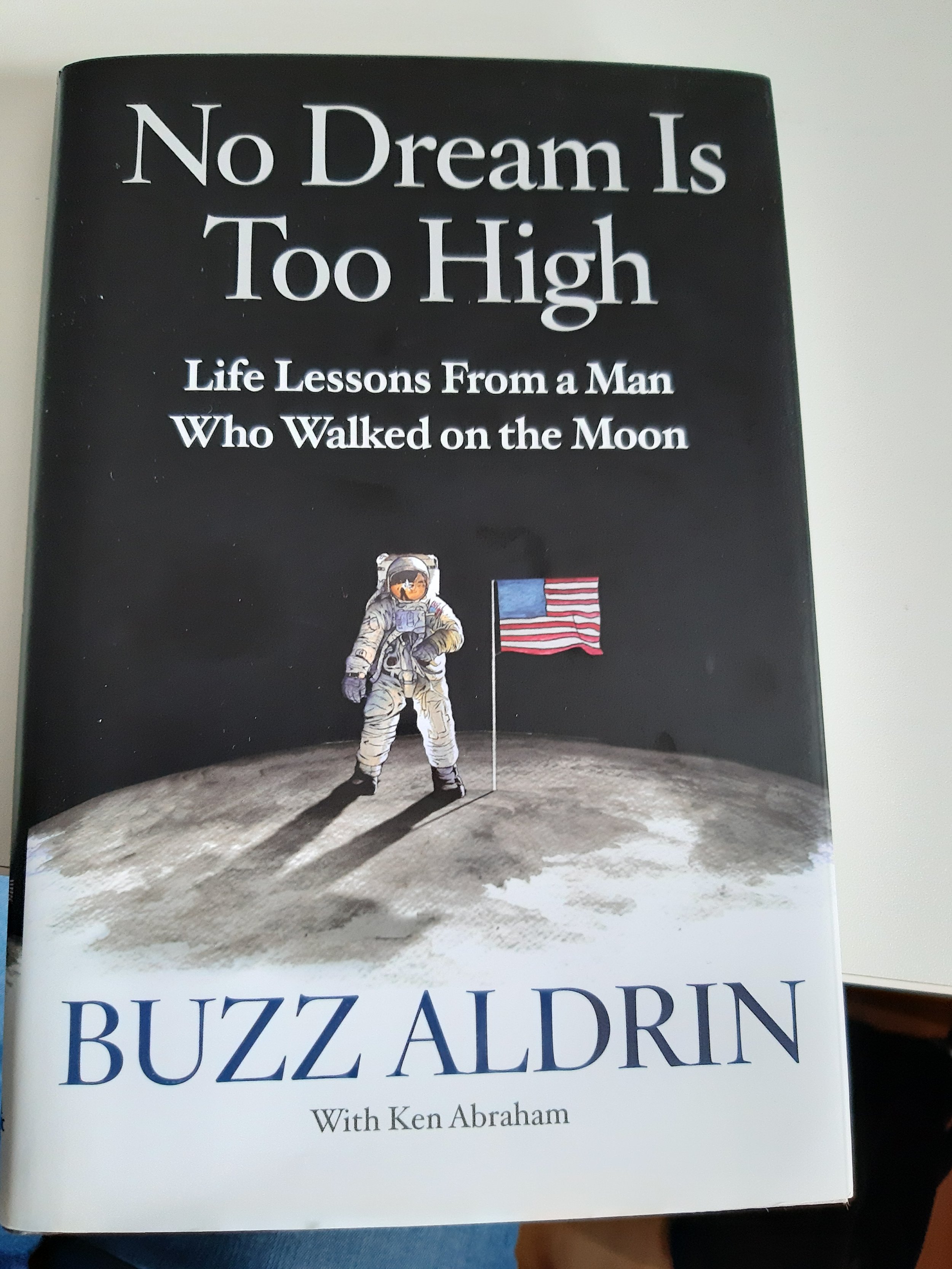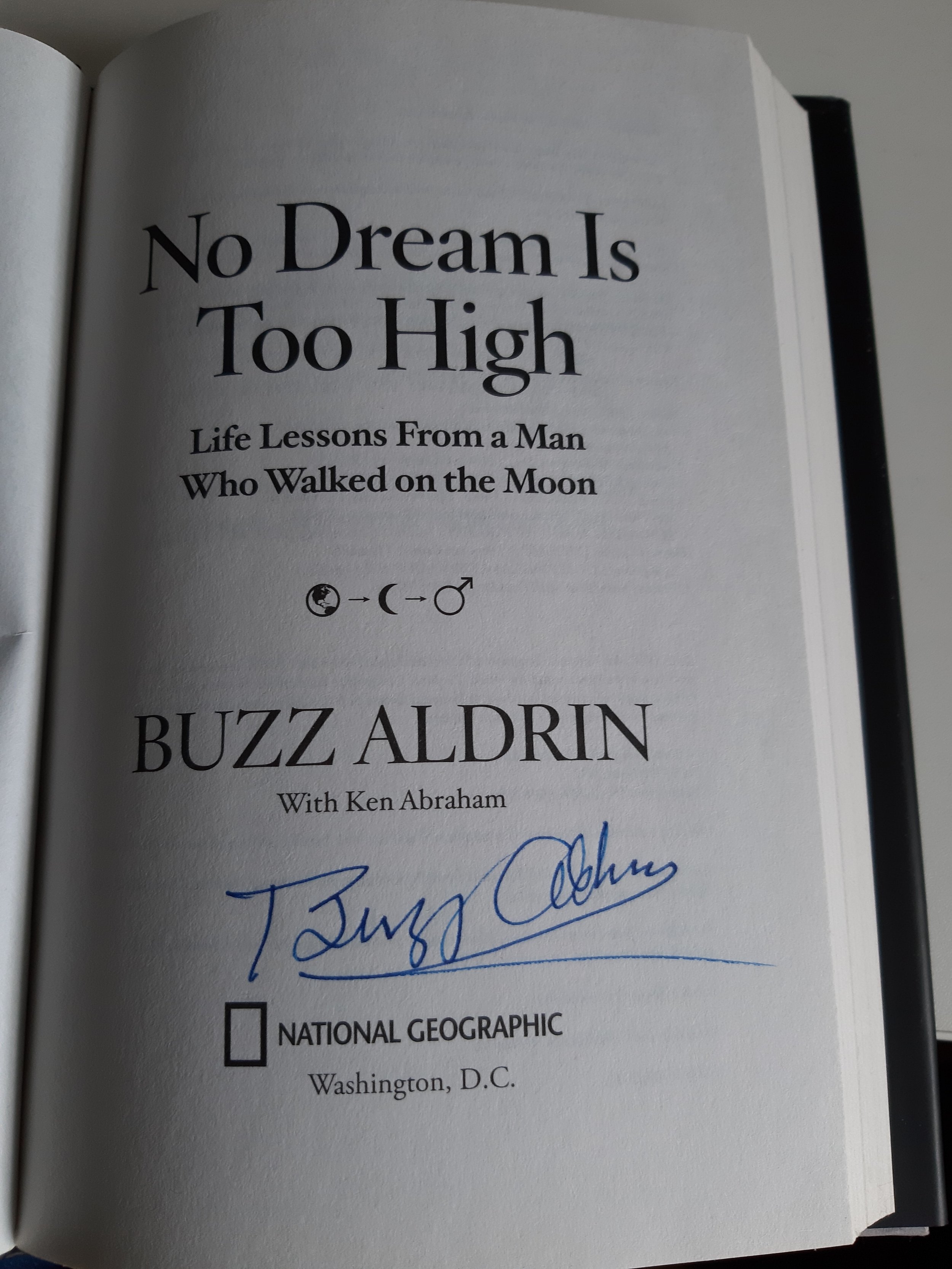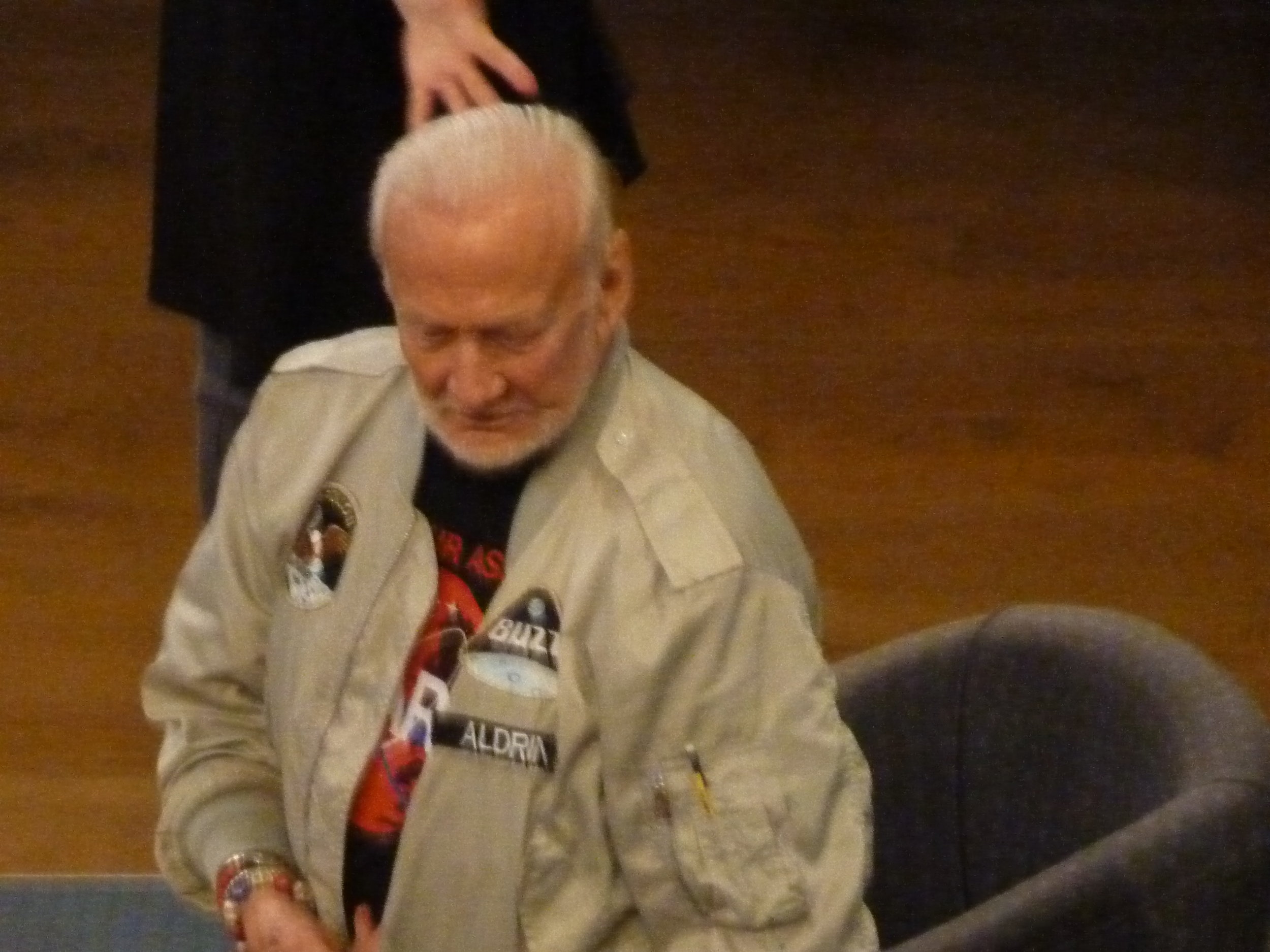A month ago I returned from the third writing retreat I’ve spent in the company of the best writing friends you could imagine. In 2021 we went to an old Arts and Crafts house in Surrey. Last year, we were by the sea, in Marazion, Cornwall. This year we chose the Loire region of France.
I have loved all three retreats and I’ve come away from each with new enthusiasm, new insights, new knowledge. I think that for me, this was the best one yet.
Why was that? It was all about getting the balance right. Our first retreat was too short for the kind of deep-dive experience writers seek. A retreat is all about getting in touch with your creativity in a location where the everyday cares and distractions of normal life no longer interrupt. I came back from Surrey with a new idea but little actual writing done.
Cornwall is for me a spiritual home. I have been in love with its landscape and history for more than two decades. Maybe this got in the way during the Marazion retreat. As the group member who found and co-ordinated the property let, I was so intent on making the experience perfect for everyone else that I lost sight of what I was there to do. Once again, I came home having not been as productive as I’d intended, though I had learned a lot about publishing and marketing from the multi-published authors in our group.
If you go on a retreat, it’s important not to undervalue the non-writing time. Things go on that are intangible; they may not seem obviously practical or developmental but actually they are. When I look back at all three retreats, I can see how our friendships have deepened. How it is crucial to be with people you trust. How we root for each other, nag one another, sympathise with one another, give each other ideas and information. How we share laughter and anecdotes and strategies. How we defend one another in the context of a publishing world that can be hostile or frustrating or plain incomprehensible. We steady one another. We reach out from our little writing cells and know someone will be there to reply, cajole, soothe, giggle, share indignation, gossip, inspire.
The French trip had minor downsides. The travelling was onerous. The weather wasn’t great. But we could cope with that. There were incredible pluses: we shared an amazing gite in the Loire countryside. We spent time alone or in small groups or all together. The gite had great facilities, including not one, but two swimming pools! We went on an excursion to the beautiful château of Amboise. Those members who live in France were indefatigable in their efforts to ensure we were all comfortable and well fed. Our evenings were spent in gales of laughter as we played word games and shared mystery readings.
I went to France with a plan: I would not burden myself with notes and research and all the paraphernalia of the two major projects I am engaged in. I took my iPad and a slim notebook, that’s all. I chose to write something different, for publication this summer. I was disciplined: I went on the Amboise trip but not on two other excursions. I retired to my gorgeous peaceful room after breakfast and wrote in bursts until lunch and after lunch, knowing that the evening’s fellowship (and wine!) would be my reward for a productive day. I struggled during the first couple of days, then it all gelled. I came home with 10,000 new words for my new project. I couldn’t have been happier.
Back home it is hard to maintain the momentum, of course, but I am still plugging away. Already we are discussing where our next retreat will be …
Photos above: notebooks I made for my friends; at the Château d’Amboise; in my writing room; breakfast spread; headshot by Jean Gill
Advice if you’re going on a retreat:
Make sure you go with the right people. A retreat is about community. It’s about support and sharing, not competition. You need to feel you can trust your fellow writers and you can open up to them. Over the years, my friendships with my fellow retreaters, some of whom I met initially online, has grown ever-deeper and more invaluable to me.
It’s not all about you. It’s about listening and supporting. It’s about moving out of your own self-obsessed grumbles and resentments about writing and publishing. It’s about knowing you are not alone and neither is anyone else in the group. Knowing that you can offer fellowship, love and support to your friends is infinitely precious.
Make the most of the skills you bring. I’m an editor and writing coach. Several of us are genius marketers with experience of traditional, independent and hybrid publishing. My friend Jean Gill is a fantastic photographer and took new headshots of me for my author website!
It’s about the right choices: the length of the retreat, its location, its comfort. There is no point in not being kind to yourself. A retreat is a celebration. Choose somewhere with comfy beds and space around you, tables to write at, nature to contemplate, good food and drink. A retreat is not a penance: it is a reward for your commitment to the present and future of your writing life.
Make plans. Go to the retreat with a clear idea of what you want to accomplish. It may be that you’re not particularly interested in coming away with a massive word count, which is not a badge of honour to be waved – after all, those new words may not be the best words in the end … You may go on a retreat to edit a completed novel, brainstorm a new one or find a way of becoming unstuck. You may come home with a single sheet of paper on which is sketched out an outline or a new plot-thread – result! This is precious time you are giving yourself, so spend some time beforehand evaluating which task or aim you want to focus on. Otherwise (and I speak from experience) you will hop about from task to task and not get any of them done to your satisfaction.
Go equipped. Consider keeping it simple. I chose not to take my laptop and my files of research and outline notes this time. This freed me up. You might take only a notebook which you use in a random way, jotting ideas, single lines, whole passages down as they come to you. This is liberating. You know that when you come home you can expand and organise from these beginnings.
Decide if the internet is important and if it is, what use you are going to make of it. There’s no point spending a fortune on a trip if all you do is doom-scroll on social media. But if you have a launch coming up, posting photos of your writing life keeps your readers interested. If you’re writing a tricky scene, you may need the internet to consult sources and facts. Or, like me, you simply type xxx at any point you’re unsure about and you do the follow-up checking when you get home.
Think about how you’re going to maintain some of the momentum after your return. Not just the momentum – the spirit of the retreat. This is hard, I know, because real life comes washing back into your consciousness like a tide. Consider having a Facebook group with your friends, dedicated to the retreat and its aftermath so you can keep in touch with the people who shared the experience with you. Consider keeping a writing journal during the retreat, that you can reread to reawaken the feelings and thoughts you had while you were there.
Photos above: Amboise house; fireplace and bed in château; mural of French Resistance hero Jean Moulin in Chartres; carvings and rose window in Chartres (on way to the retreat); Château d’Amboise
To Alison, Carol, Clare, Jane, Jean and Karen - thank you so much for your friendship!



























